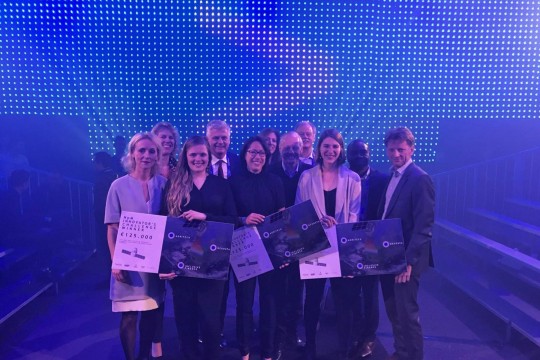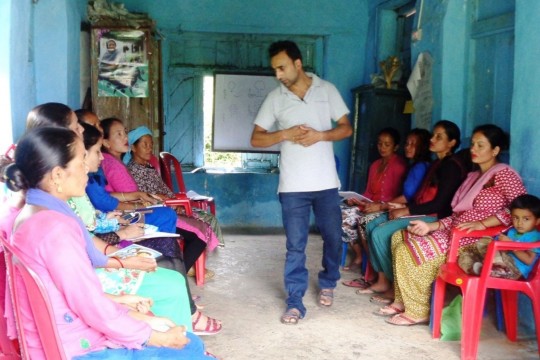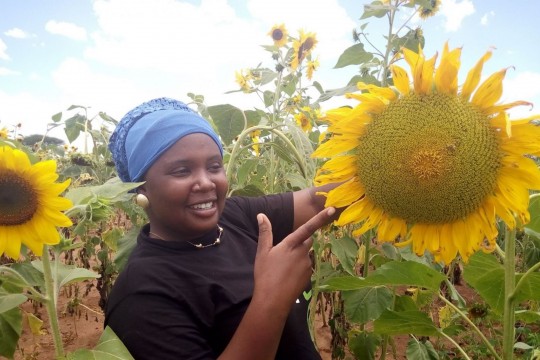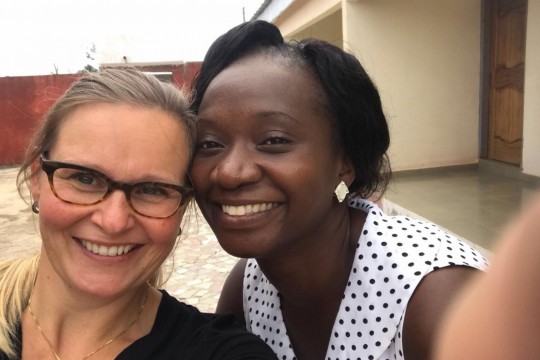Every plot of land is unique
Marije Tanis works as a social business developer for ICS in the Netherlands. She has been closely involved in the start-up of Geodatics, a brand new social enterprise by ICS and partners Agrics, Biomass Research, Manobi and University of Wageningen. Geodatics is advising smallholder farmers in East Africa on their plot of land to increase their crops.
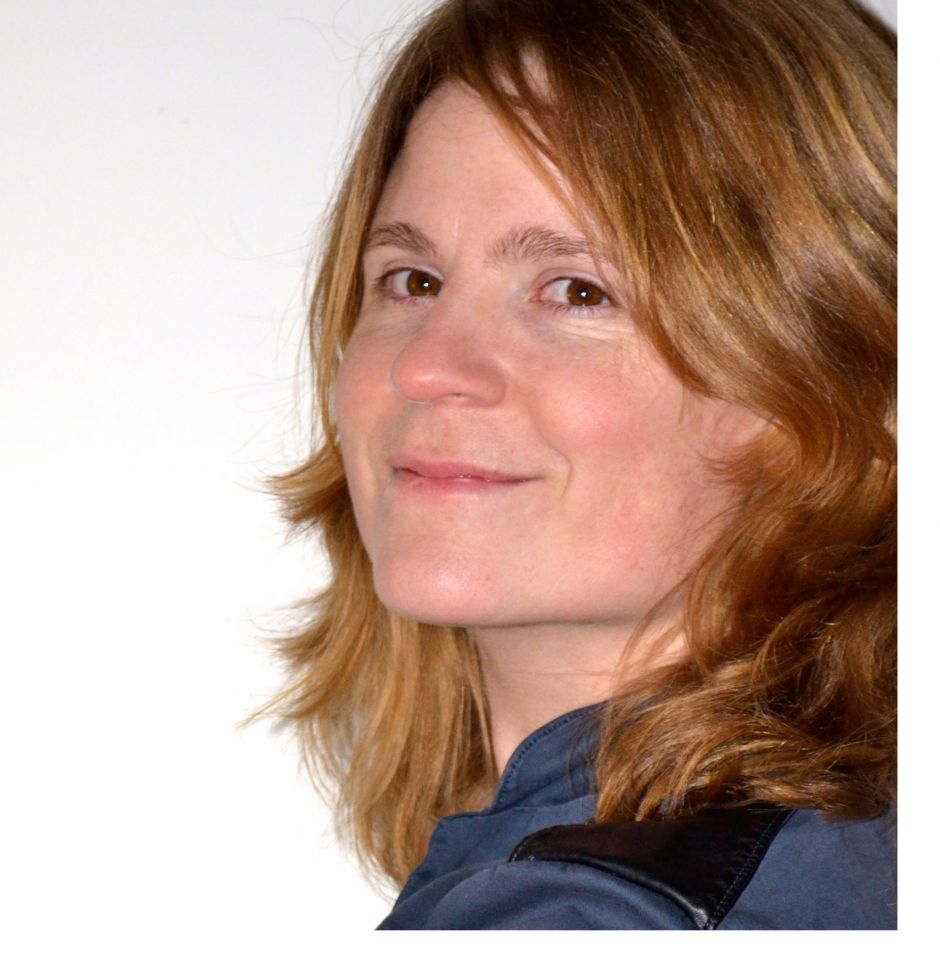
Marije: “Via Agrics, one of our social enterprises, farmers in Kenya and Tanzania can buy agricultural inputs like certified seeds and fertilizer on credit. Better seeds deliver a bigger harvest. However, there are more factors defining whether a crop succeeds or not.”
“Every plot of land is unique. Apart from the seeds and fertilizer used and the method of cultivation the soil and the site also have a great impact. Whenever a plot of land lies on a slope you can imagine that frequent rainfall causes minerals and nutrients to stream downwards. Frequently, at the bottom the soil is more fertile. At the top of the hill you have to take more effort in order to achieve the same results.”
Geodatics brings together information from different sources. Firstly, participating farmers are being interviewed: about the seeds and fertilizer they use, whether they have cattle and how they cultivate their land. Second Geodatics will investigate the soil to define the type of soil, whether there are enough minerals and which one lack. Satellite data thereafter monitor the growth proces.”
Geodatics brings together information from different sources in order to give complete advice to farmers
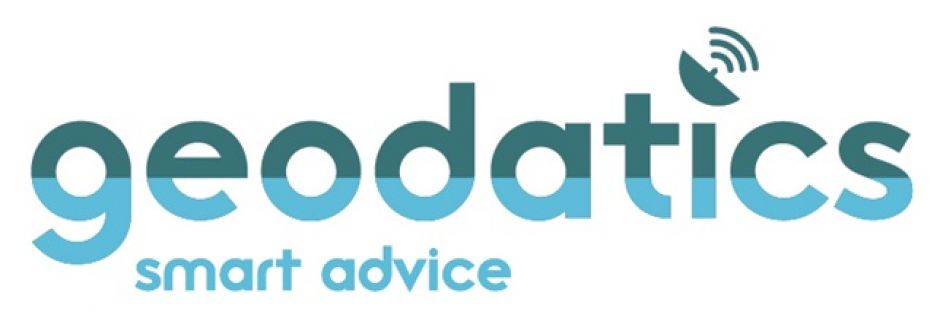
Satellite data?
“Every 4 days a satellite in orbit takes photos of the landscape. This way we are able to carefully follow the growth proces during the season.”
What does this advice look like in practice?
“At the beginning of the season the farmer gets extensive advice. For example, maize farmer X from the northern part of the village with a plot on a slope, with a few cows and a big family that depends on the harvest, gets a very different advice than a maize farmer that lives in the southern part of the village, where the soil is different, who has no cattle and is in a more favourable financial position. Halfway season the farmers get again advice to adjust their approach whenever neccesary. We want to prevent farmers from investing in certain seeds or fertilizer when they will not to be the best choice for their type of soil.“
And do farmers need to pay for that?
“Farmers buy packages on credit via Agrics, with seeds, fertilizer and a training how to use the products best. The package from now on will also provide advice, the farmers pay a small extra fee for that. At this moment the advice will only be given to Agrics farmers but in the future we will expand the service to other farmers as well. Geodatics aims to advice 218.000 farmers in the coming three years."

